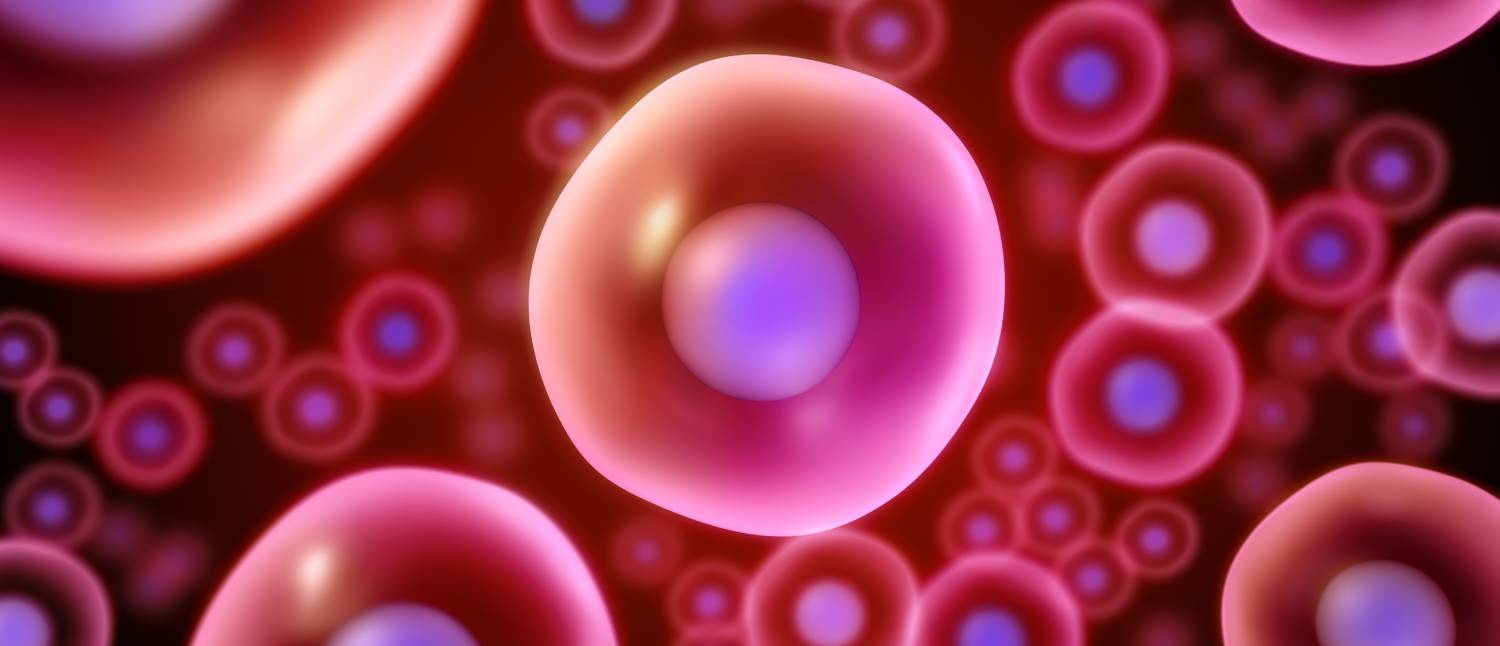
What are mesenchymal stem cells?
Mesenchymal stem cells (MSCs) are a type of adult stem cell that can differentiate (develop into) a variety of cell types, including bone cells (osteocytes), fat cells (adipocytes), and cartilage cells (chondrocytes). They are found in a number of tissues in the body, including bone marrow, fat, and connective tissue, and they play a key role in tissue repair and regeneration.
MSCs have several characteristics that make them attractive for use in medical research and therapies. They are relatively easy to isolate and culture, and they have a low risk of rejection when transplanted into a different individual. They also have immune-modulatory properties, which means they can modulate (influence) the immune system and may be able to suppress inflammation.
MSCs are being studied for their potential use in a variety of medical conditions, including autoimmune diseases, cardiovascular diseases, neurodegenerative diseases, and injuries to the musculoskeletal system. They are also being investigated as a potential treatment for COVID-19. However, more research is needed to fully understand the safety and effectiveness of MSCs for these and other conditions.
How can mesenchymal stem cells be used for the treatment of osteoarthritis?
Osteoarthritis is a common degenerative joint disease that is characterised by the breakdown of cartilage, the tissue that cushions and lubricates the joints. It can cause pain, stiffness, and limited mobility, and it is often treated with medications, physical therapy, and lifestyle modifications.
Mesenchymal stem cells (MSCs) have been studied as a potential treatment for osteoarthritis, due to their ability to differentiate into cartilage cells (chondrocytes) and their anti-inflammatory properties. In preclinical studies, MSCs have shown promise in reducing inflammation and promoting the repair of damaged cartilage in the joints.
There are several potential ways that MSCs could be used to treat osteoarthritis, including:
- Injections: MSCs could be injected directly into the affected joint to promote the repair of damaged cartilage.
- Implantation: MSCs could be cultured in a laboratory and then implanted into the joint to stimulate the production of new cartilage.
- Gene therapy: MSCs could be genetically modified to express proteins that promote cartilage repair and then injected into the joint.
While MSCs have shown promise as a potential treatment for osteoarthritis, more research is needed to fully understand their safety and effectiveness. Clinical trials are currently underway to evaluate the use of MSCs for the treatment of osteoarthritis and other conditions.
Why would someone have stem cell treatment for osteoarthritis?
Stem cell treatment for osteoarthritis is a form of regenerative medicine that aims to repair or regenerate damaged joint tissue and potentially reduce pain and improve function in people with osteoarthritis. Osteoarthritis is a degenerative joint disease that causes the breakdown of cartilage, the tissue that cushions and protects the ends of bones in a joint. When the cartilage wears away, the bones rub together, causing pain and reducing joint movement.
Stem cells are a type of cell that has the ability to develop into different types of cells, including cartilage cells. In stem cell treatment for osteoarthritis, a healthcare provider injects stem cells into the affected joint. The idea is that the stem cells will differentiate into cartilage cells and help to repair or regenerate damaged joint tissue.
There is some evidence to suggest that stem cell treatment may be effective in reducing pain and improving function in people with osteoarthritis, but more research is needed to fully understand its potential benefits and risks. Stem cell treatment is still considered experimental, and it is not widely available or covered by insurance.
Stem cells or surgery?
There are several potential advantages to stem cell treatment for osteoarthritis compared to joint replacement surgery. These include:
- Stem cell treatment is less invasive than joint replacement surgery. It can be performed using a local anaesthetic and does not require a hospital stay.
- Stem cell treatment may be less expensive than joint replacement surgery.
- Stem cell treatment may have a faster recovery time than joint replacement surgery. People who have joint replacement surgery often need to undergo physical therapy and rehabilitation to regain strength and mobility in the affected joint, which can take several months.
- Stem cell treatment may be a good option for people who are not good candidates for joint replacement surgery due to age, medical history, or other factors.
-
Stem cell treatment may provide a more natural and long-lasting solution to joint pain and dysfunction than joint replacement surgery. While joint replacement surgery can be effective in the short term, it may not always provide long-term relief and may eventually need to be revised or replaced.
It’s important to note that stem cell treatment is still considered experimental and its effectiveness is not yet fully understood. More research is needed to fully evaluate the potential benefits and risks of stem cell treatment for osteoarthritis.
Our Specialists

